FAQs
Resources
Tools Coaches
See the list here.
Audiobook Materials
In order for audiobook listeners to see diagrams that help explain The Tools, we created pdfs of the illustrations. There's one for The Tools and another for Coming Alive.
Official Online Tools Group
Join our closed Facebook group for lively conversation with Tools users from around the world.
Independent Tools Groups
If you'd like to start your own Tools Group, here are some helpful guidelines. If you have any questions, please contact us.
Tools Training for Professionals
A formal training program is not available. Find details here.
Speaking Engagements
Interested in having Barry and Phil speak to your organization or group? Contact us.
Translations
The Tools has been translated into 34 languages. For questions about translations and availability, please contact our publisher, Penguin Random house, at customerservice@penguinrandomhouse.com
General Release Notice for Recordings
You can see a copy of our Audio Recording and General Release notice that accompanies every live event here.
Questions About Using The Tools
Can I use The Tools with my therapist?
In no way do we want to interfere with your relationship with your therapist. That said, if The Tools help you, there is no reason you shouldn’t continue to benefit from them. Ask your therapist whether The Tools can be integrated into the psychotherapy you are already engaged in.
How quickly can I expect to see a difference once I start using the Tools?
Believe it or not, when we teach a patient a tool, we commonly get a tangible result within a week. That doesn’t mean the person is changed for life, but it does mean they have been given the confidence to continue to use The Tools with discipline. We don’t agree with the old-school therapeutic assumption that permanent change has to start slowly and take a long time. Change can begin quickly; permanent change, however, requires commitment. In our view, the important thing is that a person experiences the possibility of change as quickly as possible. We’ve met many patients who’ve been in therapy for years with no change that they could discern. Once they start using The Tools, they become active participants in their own change.
Can Phil and Barry answer personal questions that relate to The Tools?
The volume of correspondence is simply too high for us to answer every question individually. You can join our closed Facebook group where you can interact with coaches and others using The Tools. You may also wish to contact us for a list of coaches and therapists who use The Tools in their practices.
We also encourage you to reread the books and use The Tools. Each time you read the book, you will find new things in it. The more frequently you use The Tools, the more you will find the right answers coming to you. This is the highest form of wisdom, because it comes from your own effort and your own experience with higher forces. We’re not the final authority on higher forces—they are.
What if I'm not good at visualizing?
Interestingly, we’ve had many people (including ourselves) reap tremendous benefits from The Tools, even though they were not particularly good at visualizing. Remember, the goal here is not to create visual images; the goal is to connect you with forces that will allow you to accomplish things you’ve never been able to do before. You need to try to do the visualizations, but the most important thing is to experience higher forces in whatever form they emerge inside you. The best advice we can give you is to not pre-judge what you’re capable of. Follow the directions carefully and be open-minded about what can happen. You will probably be surprised by the results.
I followed the instructions for The Tools, but I didn’t feel anything.
Learning to use The Tools is like any other skill. It takes time to master. In our society, we demand immediate results. The moment we don’t get them, we tend to quit. Those moments—when you want to give up—are the moments when it’s most important not to quit. In fact, you should train yourself to use a tool at the very moment you doubt it the most—not to prove that the tool works, but to develop the right attitude: “When I don’t get immediate results, I become even more committed to using the tool.” It’s from this practice that you learn to develop faith in higher forces and your ability to connect to them.
How are The Tools different than Cognitive Behavioral Therapy?
CBT has been a step forward within psychotherapy. It introduces the patient to the idea that your thought processes are important and that you can begin to make conscious choices about what you think. Cognition and behavior, by themselves, though, can’t tap into the most powerful aspect of human potential—the ability to trigger real forces from within. When you wake up at 3 in the morning overcome with worry, just rearranging your thoughts won’t get you back to sleep. You need to experience a force much bigger than you, acting on your behalf. Only a tool—in this case the Grateful Flow—can connect you to the force you need. Used repeatedly, it also leads you to an expanded view of life itself.
